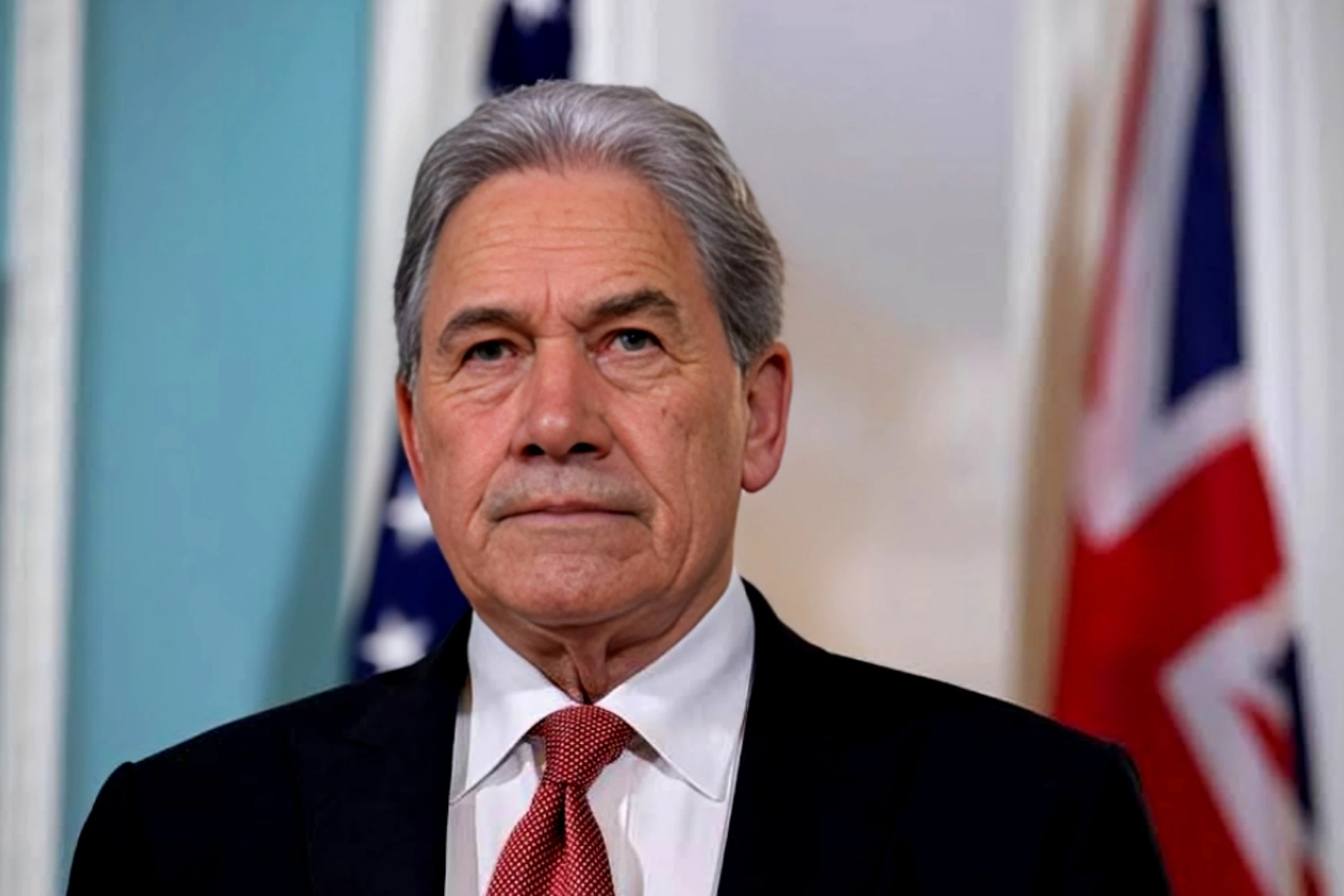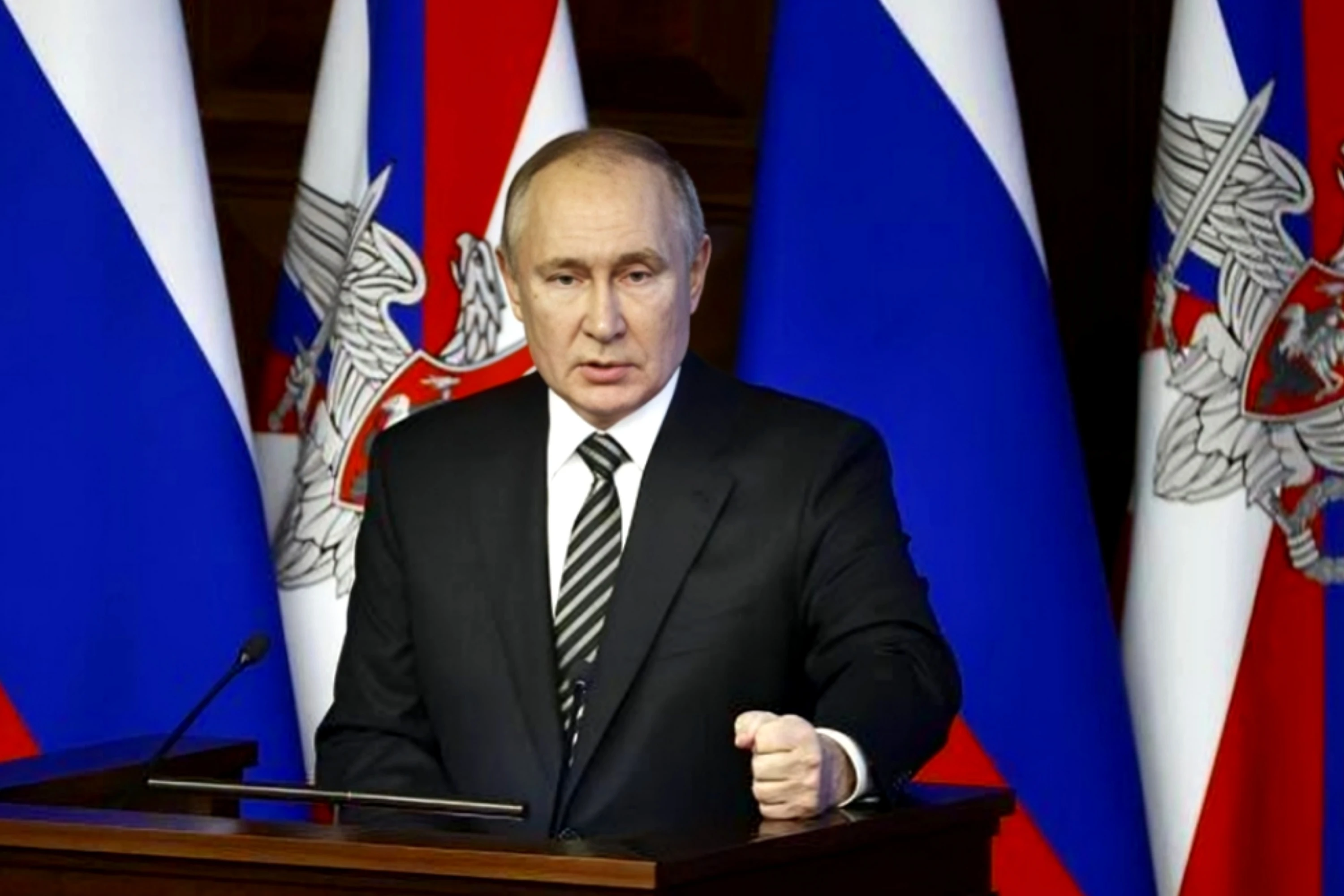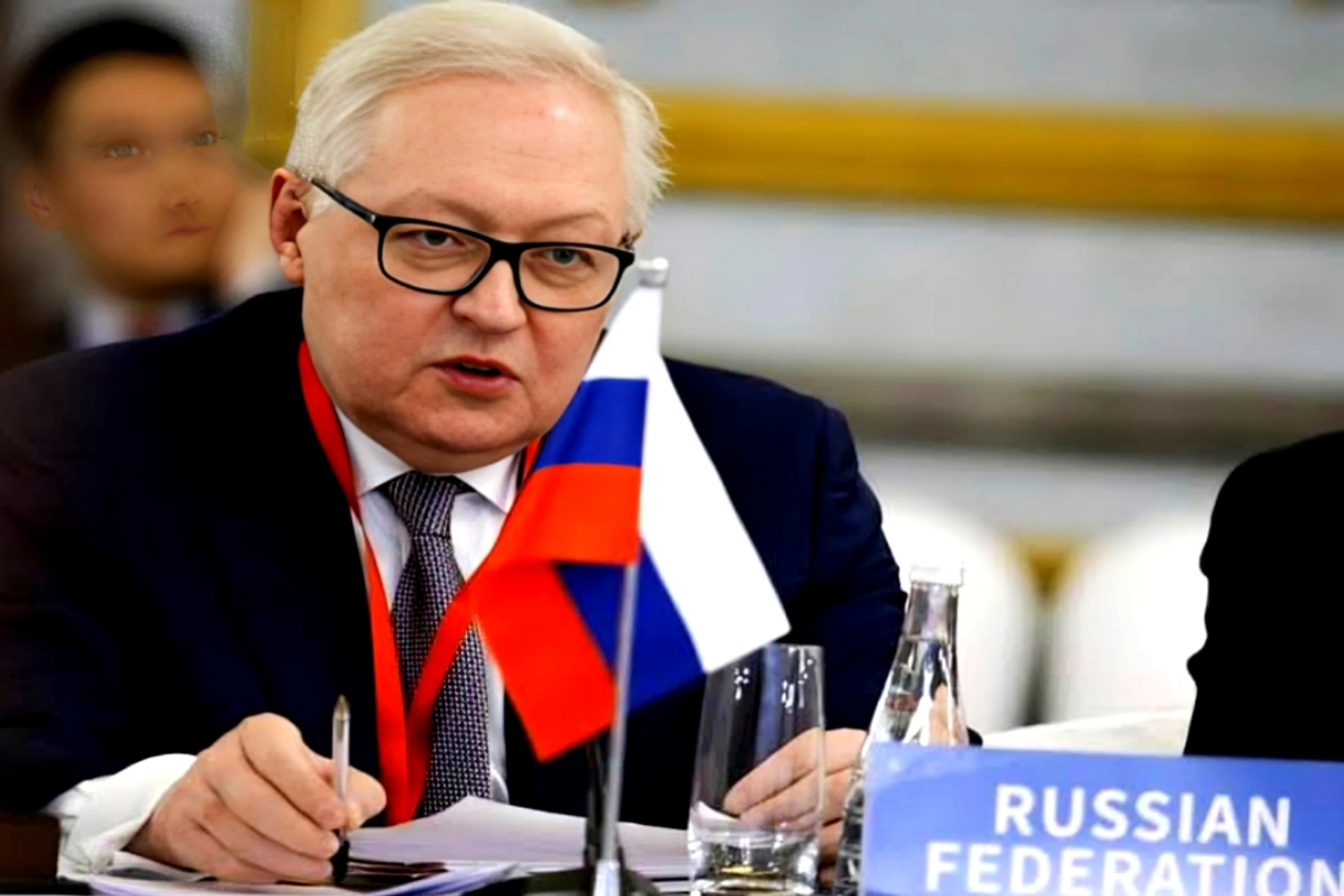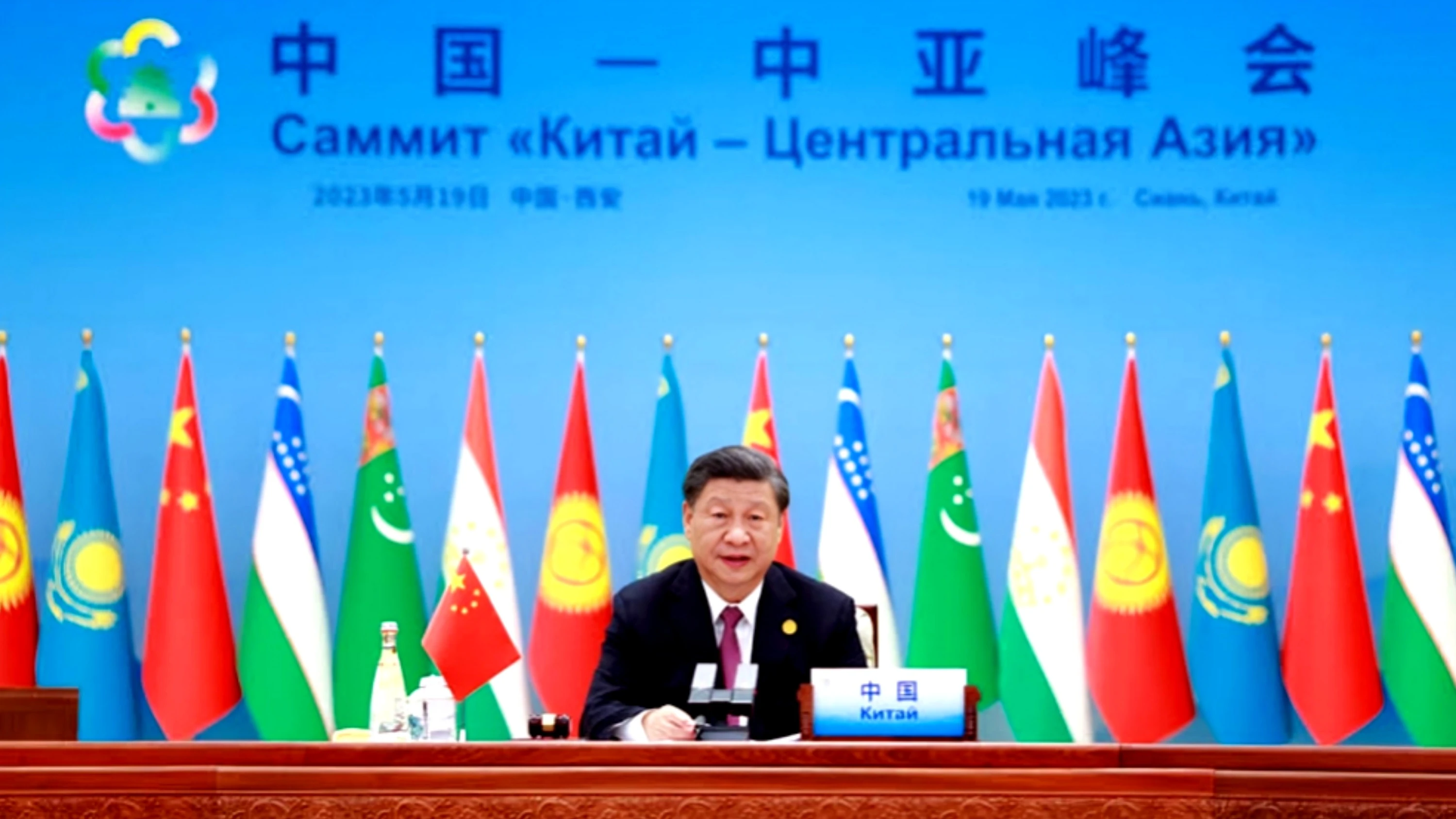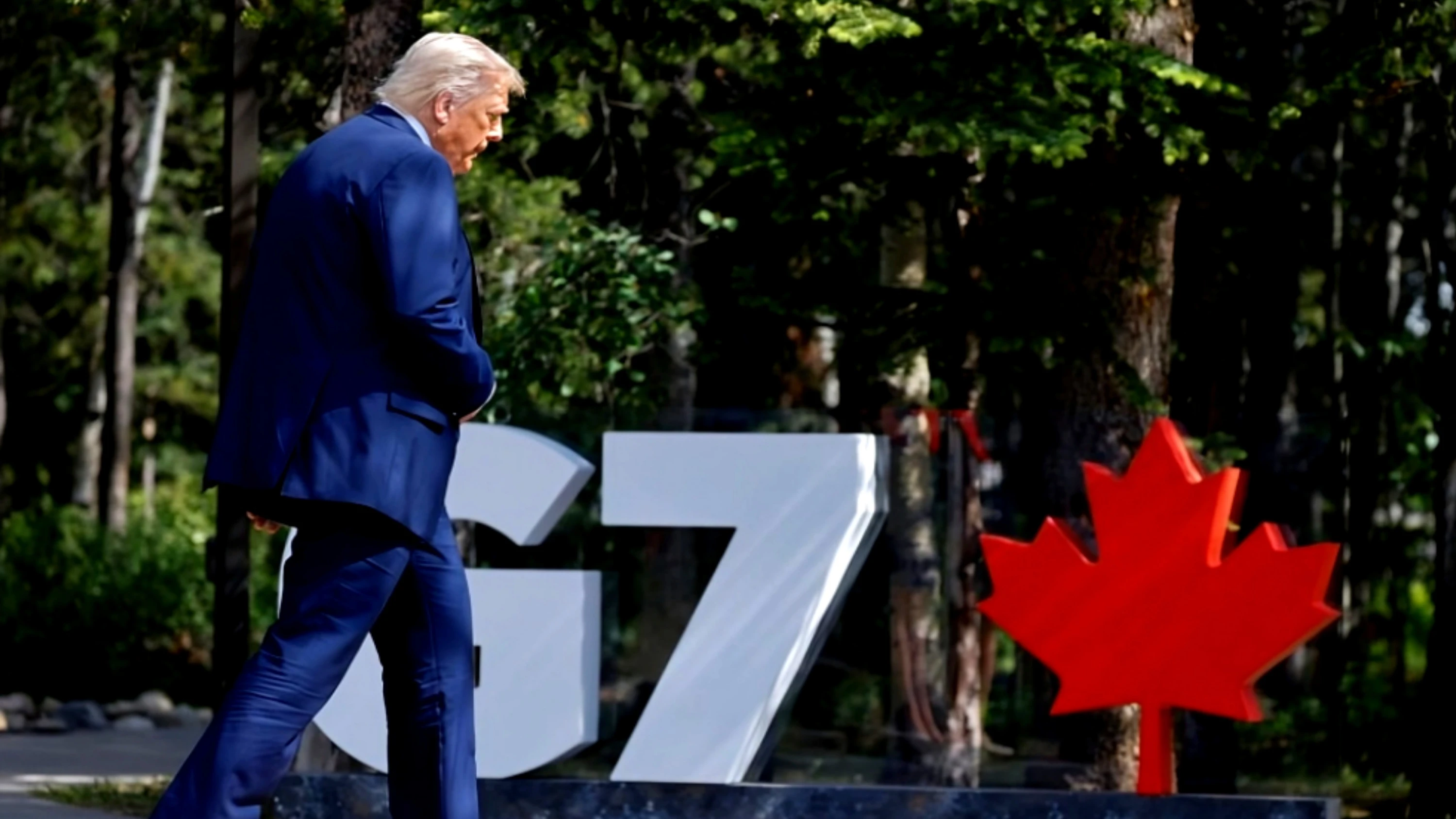Brussels: Despite Europe maintaining a global lead in press freedom, Reporters Without Borders (RSF) has raised concerns over a noticeable decline across the continent.
In its latest annual report, the organization highlighted the increasing threats to journalism, particularly in countries experiencing political pressure and financial instability.
Independent media outlets are bearing the brunt of funding cuts, particularly as support from international donors, including the U.S., dries up. At the same time, disinformation campaigns—most notably from Russia—are gaining strength.
Pavol Szalai, who heads RSF’s EU-Balkans division, warned that political figures like Donald Trump now pose a media threat on par with Russian President Vladimir Putin in Europe. He pointed to declining press conditions in several EU countries, emphasizing the troubling situation in Greece.
Greece ranks the lowest in press freedom within the European Union, and 99th globally. This decline is attributed to unresolved crimes against journalists—like the 2021 murder of journalist Giorgos Karaïvaz—and the country's involvement in the “Predatorgate” spyware scandal, which saw over ten journalists targeted.
Although Hungary ranks higher than Greece at 68th, it remains under scrutiny for media manipulation. Prime Minister Viktor Orbán has been accused of consolidating media ownership among allies, leading to near-total control over public discourse.
On a more positive note, countries like Norway, Estonia, and the Netherlands continue to lead the global rankings for media freedom.
RSF stressed that while Europe is still considered a safe zone for journalists, its press environment is at risk. The EU has taken steps to address this through the European Media Freedom Act, legislation aimed at reinforcing newsroom independence, safeguarding journalistic sources, and curbing state surveillance.
However, RSF warns that implementation remains inconsistent across member states. The NGO is calling for stronger support mechanisms, such as tax incentives and innovative funding strategies, to protect media independence. It also urges digital platforms to prioritize trustworthy journalism over misinformation.
Szalai concluded by emphasizing the importance of proactive state intervention, especially as Western support for European media continues to wane.



